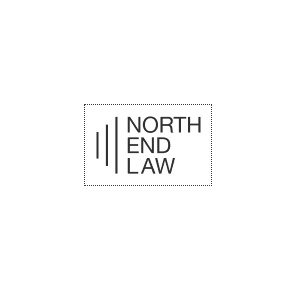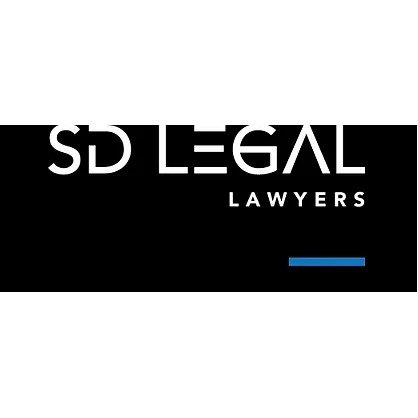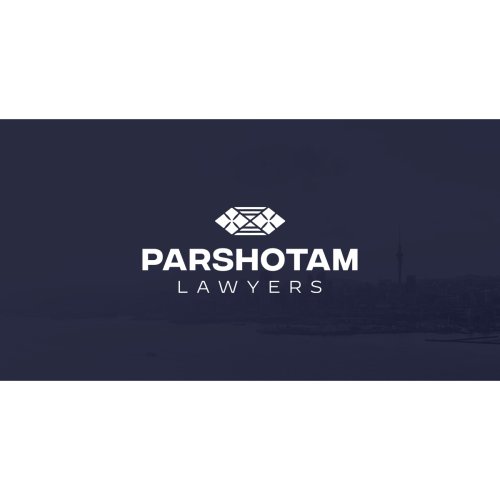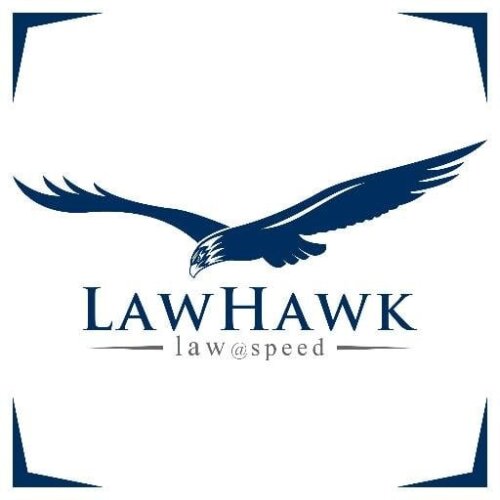Best FDA Law Lawyers in New Zealand
Share your needs with us, get contacted by law firms.
Free. Takes 2 min.
Or refine your search by selecting a city:
List of the best lawyers in New Zealand
About FDA Law in New Zealand
FDA Law, or Food and Drug Administration Law, refers to the body of laws and regulations governing the approval, sale, marketing, and safety standards for food, medicines, medical devices, dietary supplements, and related products. In New Zealand, there is no federal agency called the FDA as in the United States, but similar regulatory functions are managed by government bodies such as Medsafe and the Ministry for Primary Industries (MPI). These organizations set and enforce rules to protect public health and ensure the safety and efficacy of consumable products.
Why You May Need a Lawyer
Navigating FDA Law in New Zealand can be challenging due to complex regulatory requirements and frequent legal updates. You may need a lawyer if you are:
- Launching or importing a new food, medicine, or dietary supplement
- Seeking product approval from Medsafe or the Ministry for Primary Industries
- Facing compliance issues or allegations of breaching product safety or labeling standards
- Dealing with product recalls, bans, or enforcement actions
- Planning to export food or medicinal products to other markets
- Responding to a notice of non-compliance or investigation by authorities
- Challenging or appealing regulatory decisions that impact your products or business
Engaging a lawyer can help you understand your legal rights and obligations, prepare compliant documentation, and minimize risks to your business or personal interests.
Local Laws Overview
In New Zealand, several key statutes and regulations govern FDA Law. Important legal frameworks include:
- Medicines Act 1981 and Medicines Regulations 1984: These laws regulate the manufacture, sale, and distribution of medicines and related products.
- Food Act 2014: This act controls food safety and standards, covering everything from labeling to production processes.
- Dietary Supplements Regulations 1985: Outlines requirements for dietary supplements, including ingredient restrictions and labeling.
- Misuse of Drugs Act 1975: Regulates the use of controlled substances in food and medicinal products.
Regulatory bodies such as Medsafe oversee medicines and medical devices, while the Ministry for Primary Industries manages food safety and labelling. Businesses and individuals must comply with strict approval, documentation, and monitoring requirements. Non-compliance can lead to enforcement actions, including penalties, product recall, or prosecution.
Frequently Asked Questions
What is the New Zealand equivalent of the FDA?
New Zealand does not have an agency called the FDA. However, Medsafe oversees medicines and medical devices, while the Ministry for Primary Industries manages food safety regulations.
Do I need approval before selling a new medicine in New Zealand?
Yes, new medicines must be approved by Medsafe, which assesses safety, quality, and efficacy based on stringent criteria before granting consent for sale.
Are there specific laws for dietary supplements?
Yes, the Dietary Supplements Regulations 1985 set standards for composition, labelling, and permitted ingredients in dietary supplements sold in New Zealand.
What labelling requirements exist for food products?
Food products must comply with the Food Act 2014 and the Australia New Zealand Food Standards Code, which outline specific labelling requirements such as ingredients, allergens, nutrition information, and country of origin.
Can I import therapeutic goods from overseas?
You can import therapeutic goods, but they must meet New Zealand’s regulatory requirements, and certain products may require assessment and approval by Medsafe.
How is non-compliance with FDA-related laws enforced?
Authorities may issue warning notices, impose fines, mandate recalls, or prosecute individuals or companies that breach FDA-related laws or regulations.
What should I do if I receive a recall notice?
You should immediately follow the instructions provided, notify end users and customers, and consult a legal professional to ensure full compliance and minimize potential liability.
Are natural health products regulated differently?
Yes, natural health products, including supplements and herbal remedies, are primarily regulated under the Dietary Supplements Regulations and forthcoming new laws specific to natural products.
How can I find out if my product is a medicine, supplement, or food?
Product classification can depend on its ingredients, intended use, and claims made on labelling. Medsafe or a legal expert can help determine the correct category and regulatory obligations.
When should I seek legal advice?
Seek legal advice when developing, importing, or marketing new products, responding to regulatory enforcement, or if you are unsure about your legal responsibilities regarding regulated products.
Additional Resources
If you need more information or support regarding FDA Law in New Zealand, consider the following organizations and resources:
- Medsafe - New Zealand Medicines and Medical Devices Safety Authority
- Ministry for Primary Industries (MPI) - Food safety and compliance
- New Zealand Customs Service - Importing regulated goods
- New Zealand Law Society - Find a specialist lawyer
- New Zealand Food Safety - Food Act 2014 guidance and resources
Many of these organizations provide fact sheets, guidance documents, and contact information to help individuals and businesses comply with local laws.
Next Steps
If you believe you need legal assistance in FDA Law, here is a suggested approach:
- Identify the exact nature of your issue, such as obtaining product approval, responding to enforcement, or understanding compliance requirements.
- Gather all relevant documents, such as correspondence from regulators, product information, and previous approvals or certifications.
- Contact a lawyer who specializes in FDA Law or regulatory compliance. The New Zealand Law Society can help you find a qualified professional.
- Prepare a list of questions to clarify your legal obligations and potential risks.
- Stay informed on changes in regulations, as FDA-related law is frequently updated in response to public health needs and international agreements.
Acting proactively and seeking professional guidance can help you navigate the complex landscape of FDA Law in New Zealand with confidence.
Lawzana helps you find the best lawyers and law firms in New Zealand through a curated and pre-screened list of qualified legal professionals. Our platform offers rankings and detailed profiles of attorneys and law firms, allowing you to compare based on practice areas, including FDA Law, experience, and client feedback.
Each profile includes a description of the firm's areas of practice, client reviews, team members and partners, year of establishment, spoken languages, office locations, contact information, social media presence, and any published articles or resources. Most firms on our platform speak English and are experienced in both local and international legal matters.
Get a quote from top-rated law firms in New Zealand — quickly, securely, and without unnecessary hassle.
Disclaimer:
The information provided on this page is for general informational purposes only and does not constitute legal advice. While we strive to ensure the accuracy and relevance of the content, legal information may change over time, and interpretations of the law can vary. You should always consult with a qualified legal professional for advice specific to your situation.
We disclaim all liability for actions taken or not taken based on the content of this page. If you believe any information is incorrect or outdated, please contact us, and we will review and update it where appropriate.
Browse fda law law firms by city in New Zealand
Refine your search by selecting a city.

















